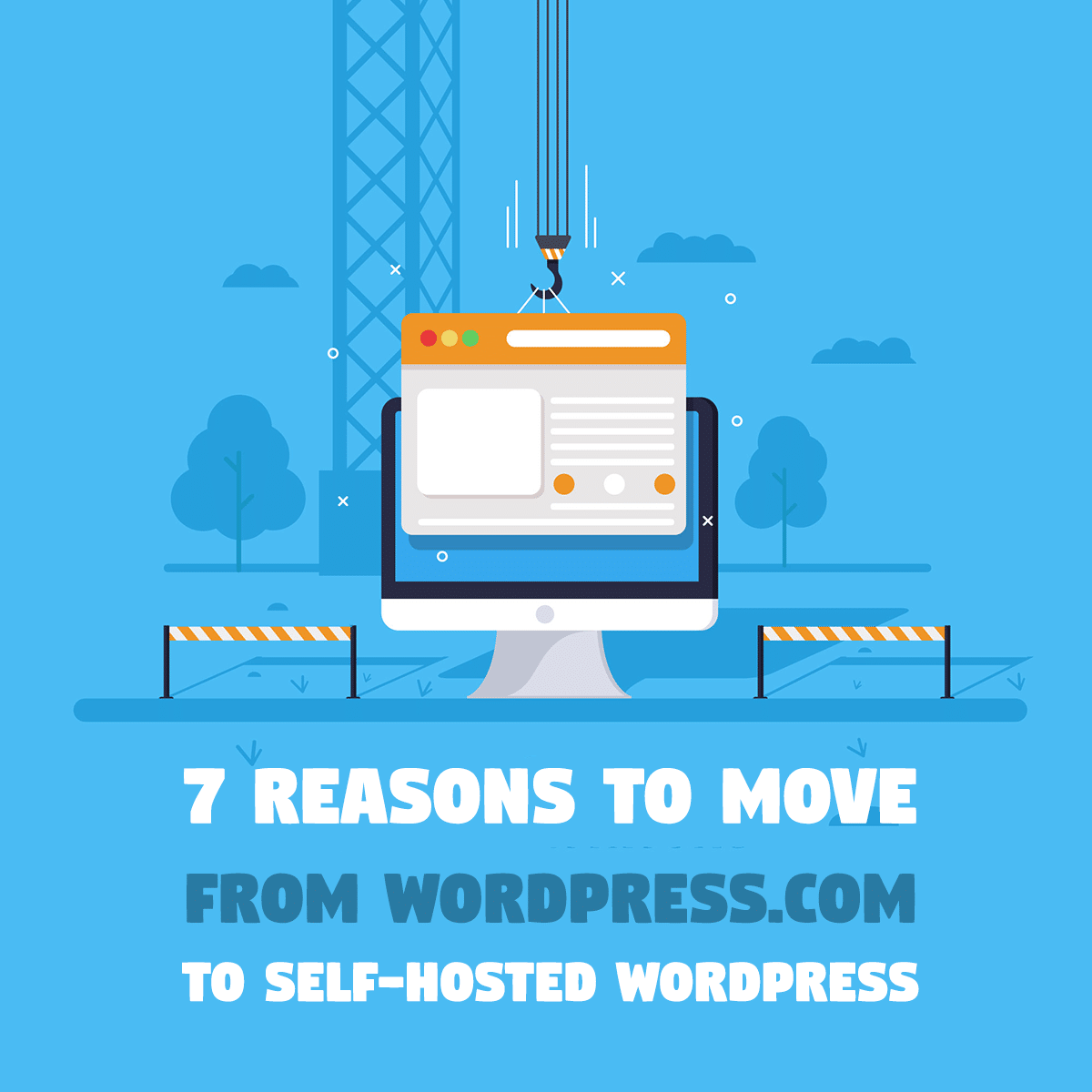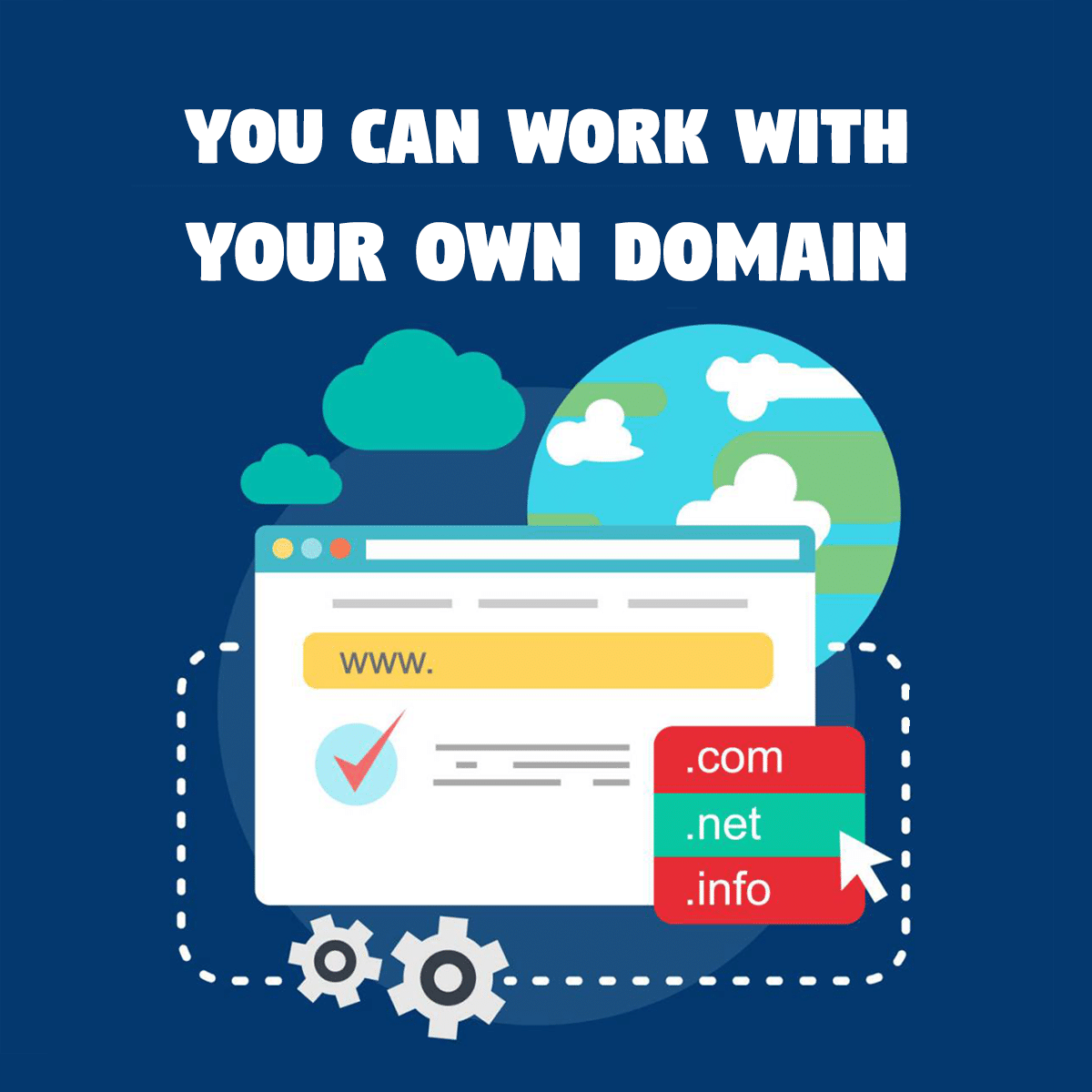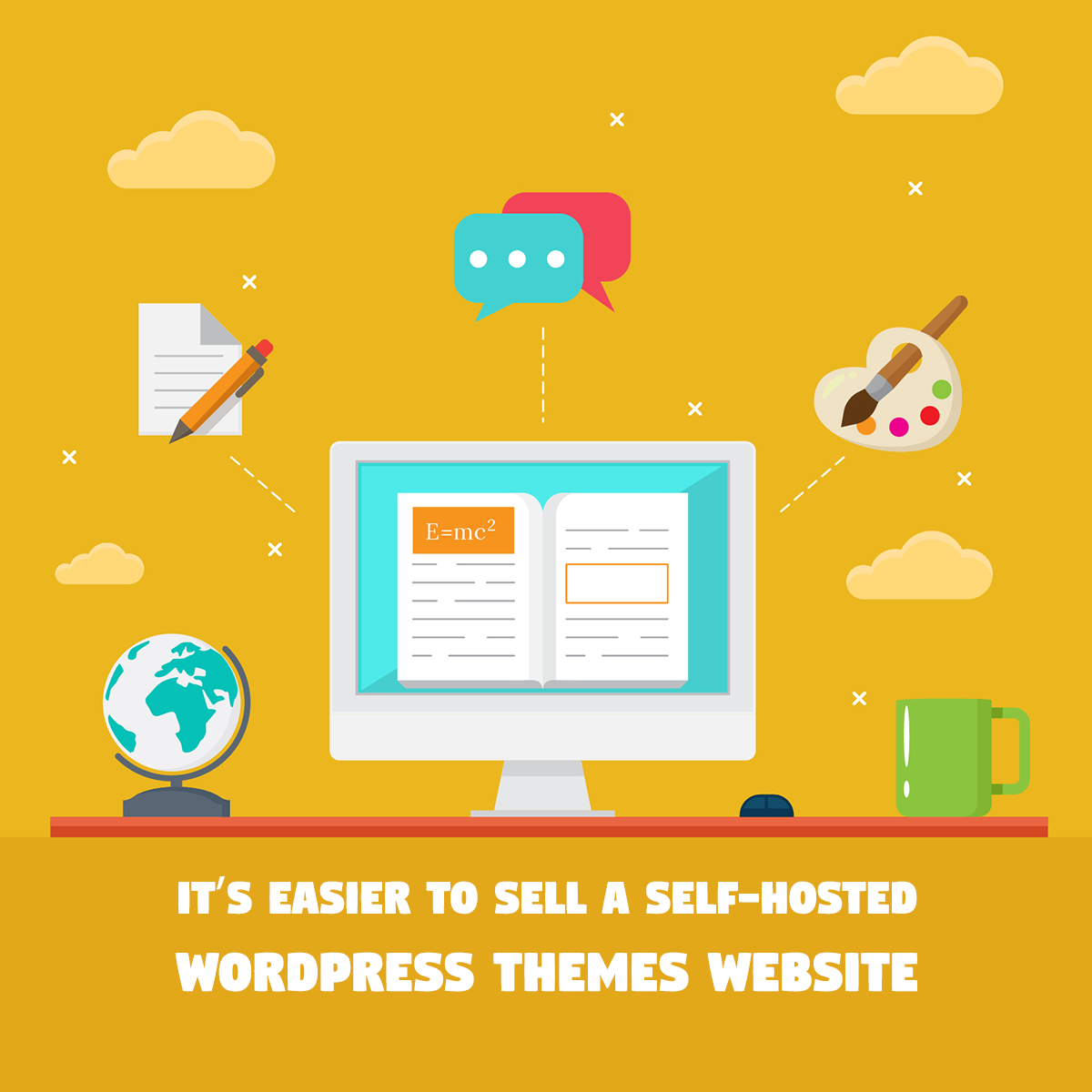7 Reasons To Move From WordPress.com To Self-Hosted WordPress
There’s a common belief among professionals who work with WordPress that having a self-hosted WordPress themes website is much better than “owning” a site at WordPress.com.
Let’s start with the reasons why the .org is better than the .com:
1. You get to control everything
Quite simply, WordPress.com allows you to do almost nothing when it comes to modifying the site that they say you own.
First of all, forget about any sort of source code modifications to the core or any other element of your site. With self-hosted WordPress themes, you can do anything. This isn’t very surprising, but I needed to include it in order to keep the message complete.
2. You can work with any design
When it comes to themes, there’s a set of 150+ themes available for WordPress.com sites, this includes both free and premium ones. However, once you make up your mind you can’t even adjust it through a child theme or any other type of modifications (even replacing the graphic files with your own).
You can still tweak the CSS a little, but there’s a price tag on this feature, so it’s not enabled by default (and not for every theme).
In short, with the .org, you can take any design, turn it into a theme, and install on your site. The .com doesn’t even get close to this, which hugely limits the graphical appearance of your site (and its functionality as well – you can’t get a theme framework, for example).
3. You can install and tweak any plugin you wish
The fact that there is no plugin installation for the Basic package at WordPress.com was quite surprising for me. Yes, you really can’t install any third-party plugins on your WordPress.com site if your budget is $0.
In short, whatever plugin you see in the official directory at WordPress.org, you can’t have on your site at WordPress.com.
(Okay, WordPress.com comes with a set of already integrated plugin-like functionalities; more on this in a minute. And you can also sign up to WordPress.com Enterprise, which will give you access to a set of optional plugins, which is cool…but the price tag starts at $500 a month.)
4. You can work with your own domain
Yes, I know that WordPress.com allows you to launch your site on a custom self-owned domain too, but the kicker is that you have to pay for such a possibility. And I don’t mean the price of the domain itself. Actually, you have to (1) pay for the domain and then (2) pay WordPress.com to assign it to your site. The current price tag on this is $13 per year.
With self-hosted WordPress themes you can, again, do pretty much whatever you wish. You can hook up any domain and even create other sites available through subdomains under the main one (something you can’t do on the .com).
5. No one can shut you down
This is by far the most significant reason for self-hosted WordPress themes on this list (at least in my opinion).
Quite simply, when you have complete control over the software and hardware that runs your site, no one can pull the plug on your online presence.
If your site is available through WordPress.com, however, then they can make you go bye-bye with just one click (even if you’re mapping it through a custom domain).
And just to make things clear, I’m not talking about having any sort of “naughty” content on your site. I’m talking about situations where your site is your business and it means your livelihood. In such a case, you absolutely need to be sure that the building where your business is based, won’t be demolished over night, so to speak.
6. It’s easier to sell a self-hosted WordPress themes website
Let’s stay on the topic of business for a while. For many people, websites = businesses. And businesses like to change hands at some times. Basically, if you have the complete ownership of your site, with no middlemen and no other people reaching out for their cut, selling such a site is much much easier.
7. You can’t have your own ads on WordPress.com
You just can’t. There’s no official solution around this. The only way you can monetize a WordPress.com site is through disguised affiliate links or direct “hire me” pages.
Ready to switch?
Now that you’ve decided to switch, you’ll find that the biggest hurdle is the move itself. It’s a multi-step process which can be rather intimidating. Here is a high-level overview of the steps involved.
- Purchase a domain, or transfer it from WordPress.com
- Purchase a web hosting plan and install WordPress
- Export your posts, then import into the new site
- Transfer stats, blog followers and subscribers with the Jetpack plugin
If moving your site seems too daunting, the WordPress.com folks have a Guided Transfer service that will perform the migration for you.
As I mentioned, moving is the biggest hurdle in switching to self-hosted WordPress, but it’s definitely worth it. Once you’ve completed the move, your pet goat can move into that spare bedroom and there’s nothing holding your blog back!
If you are looking for WordPress self-hosting, let’s try ASPHostPortal.com. With ASPHostPortal, you never have to worry about your website being slow even when there is a lot of traffic. Their 24/7 expert support is always there to help when you need it. They are rated #1 in web hosting for small businesses.








